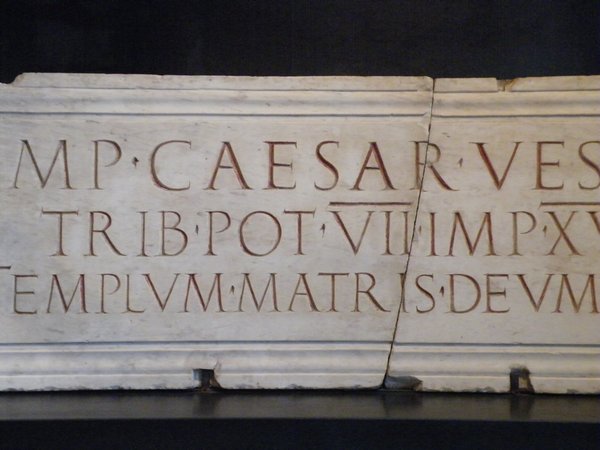

As critics notice, he follows the Roman historian in the bilingualism of the scene. To be sure, Shakespeare engages closely with Suetonius’ text. One possibility (admittedly speculative) is that the pun on the English ‘brute’ was too irresistible for a playwright so keen on wordplay as Shakespeare. Footnote 8 It is unclear why Shakespeare replaces ‘child’ (τέκνον) with ‘ Brute’. Curiously, Shakespeare does not cast Caesar’s assassination as a parricide, even though he did know of the rumours about Brutus being Caesar’s illegitimate son. Footnote 7 Brutus is like Cronus: a son who castrates and deposes his tyrannical father, only to become himself a victim in a violent struggle for power. A son kills his father by wounding the very source of paternity. Footnote 6 Plutarch’s version ( Caesar 66.9-10), in which Brutus stabs Caesar in the groin, is even more dramatic. It is indeed a scene out of tragedy, reminiscent, for instance, of Clytemnestra’s appeal to her maternity in order to dissuade Orestes from killing her. A shocked Caesar recognises his son at the very moment of parricide. The tragic power and afterlife of Caesar’s dictum make the question of its authenticity secondary. My focus will be on interpreting Caesar’s last words in the context of Roman politics and ancient biographical traditions, not arguing whether the dying dictator could plausibly have said καὶ σύ, τέκνον right before he died. Footnote 4 Be that as it may, the historicity of the tale is not my main concern. Modern historians agree with the scepticism of Suetonius and Dio. The silence of Plutarch and other ancient authors about this version suggests that they thought that it was not even worth mentioning. Caesar was unable to speak after receiving so many blows. Dio’s τἀληθέστατα leaves no doubt that he questions the historicity of Caesar’s last words. (Cary’s Loeb translation, slightly modified)ĭio is probably influenced by Suetonius: Footnote 3 τινες εἶπον corresponds to Suetonius’ equally vague tradiderunt quidam with which both historians distance themselves from this version. This is the truest account, though some have added that to Brutus, when he struck him a powerful blow, he said: ‘ You too, son’ Thereupon they attacked him from many sides at once and wounded him to death, so that by reason of their numbers Caesar was unable to say or do anything, but veiling his face was slain with many wounds.

Shakespeare’s ancient source for this story is Suetonius’ Life of Caesar: The characterisation of Brutus and the appropriation of Caesar’s last words contribute to the dramatic effect of a shocked Caesar addressing a hitherto ambivalent Brutus. Shakespeare took the inspiration of a brooding and hesitant Brutus from ancient sources (cf. In Julius Caesar, Brutus is uncertain about justifying the murder of Caesar. The dramatic effect of this scene is linked to Brutus’ characterisation. The tag Et tu, Brute? is first attested in Shakespeare’s The True Tragedy of Richard Duke of York (1595) Footnote 2 and reads: ‘ Et tu, Brute, wilt thou stab Caesar too?’ Shakespeare employs this phrase in order to highlight Caesar’s deep disappointment with Brutus’ disloyalty. Even thou, Brutus? exclaims the dictator in a mixture of shock, despair, and reproach before expiring. Brutus’ betrayal gives Caesar the last blow it hurts him the most and his last words express his sharpest pain. They stab Caesar, Casca first, Brutus lastĬAESAR Et tu, Brute? – Then fall, Caesar!Ĭaesar’s Latin dictum is an expression of shock at the sight of Brutus’ stabbing him along with the other conspirators.


 0 kommentar(er)
0 kommentar(er)
